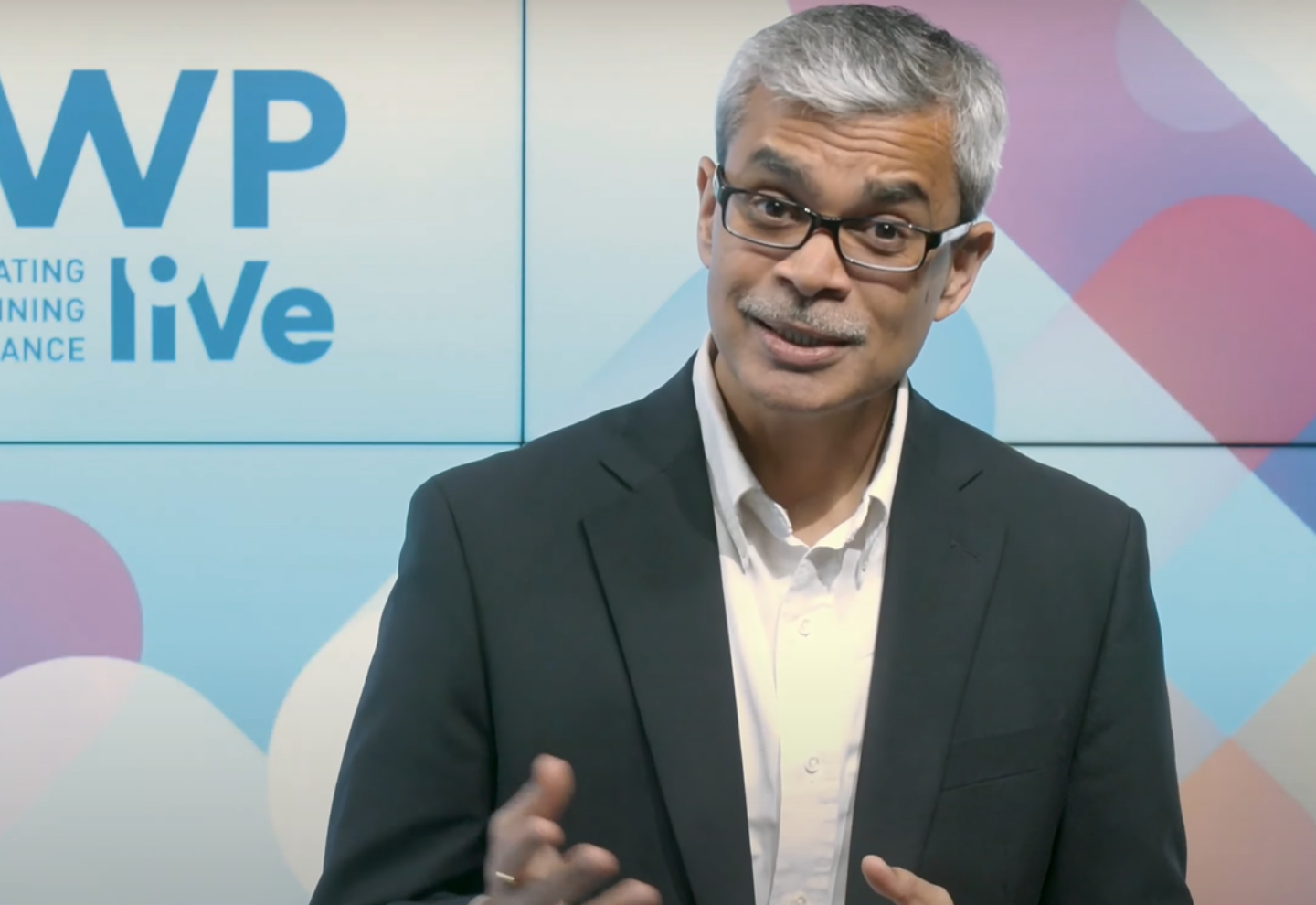
AI has been touted as the next big thing, but can it really help you?
Many managers confess that the relentless influx of new and better AI confuses them, and that determining how best to leverage it can lead to wasted time and resources: “The controversial reality is that AI remains limited in its practical implications,” says Professor of Strategy Arnaud Chevallier.
Depending on the type of information you have at hand and the environment you are in, it is possible to harness artificial intelligence to make better quality decisions. By taking stock of where AI is in its development, you can determine where exactly in your business it could be useful to you.
In their upcoming session “Support your decision-making with artificial intelligence” at OWP liVe, Chevallier, Professor of AI, Analytics, and Marketing Strategy Amit Joshi, and Research Fellow Maude Lavanchy will expose participants to real-world examples of how these technologies are changing business strategy across multiple industries throughout the world.
With their exclusive framework for decision-making using AI, you’ll gather deep insights to prepare for the future of AI and leave with the competencies you need to implement AI in your organization.
“A simple framework – empirically tested with dozens of executives – can help you understand which decisions AI can help with and which decisions it cannot,” says Joshi.
For senior executives plagued with indecision about AI and its misunderstood partner, machine learning, taking specific steps to analyze possible outcomes before embarking on their AI journey is essential.
All organizations will face challenges when implementing AI, whether or not they have the right technical team or programming skills. But they can avoid playing to their biases with proper scenario planning.
For a complete look at AI and how it can best help your organization’s decision-making processes, enroll in Joshi, Chevallier and Lavanchy’s session at OWP liVe today.
Research Information & Knowledge Hub for additional information on IMD publications

Although most managers believe that they give each of their team members equal attention, respect, and consideration, four decades’ worth of empiri...
Prior research has identified the value of reconnecting dormant ties (i.e., people you used to know), allowing individuals to refresh relationships...
in I by IMD Magazine June 2024, no. 14, pp. 64-65
Research Information & Knowledge Hub for additional information on IMD publications
in Harvard Business Review July-August 2024, vol. 102, issue 4, pp. 147-151
Research Information & Knowledge Hub for additional information on IMD publications
in I by IMD 3 June 2024
Research Information & Knowledge Hub for additional information on IMD publications
Research Information & Knowledge Hub for additional information on IMD publications
Research Information & Knowledge Hub for additional information on IMD publications
in Organization Science March-April 2024, vol. 35, no. 2, pp. 387-768, https://doi.org/10.1287/orsc.2023.1685
Research Information & Knowledge Hub for additional information on IMD publications
in I by IMD 29 February 2024
Research Information & Knowledge Hub for additional information on IMD publications
in I by IMD 24 January 2024
Research Information & Knowledge Hub for additional information on IMD publications
Research Information & Knowledge Hub for additional information on IMD publications
Research Information & Knowledge Hub for additional information on IMD publications








